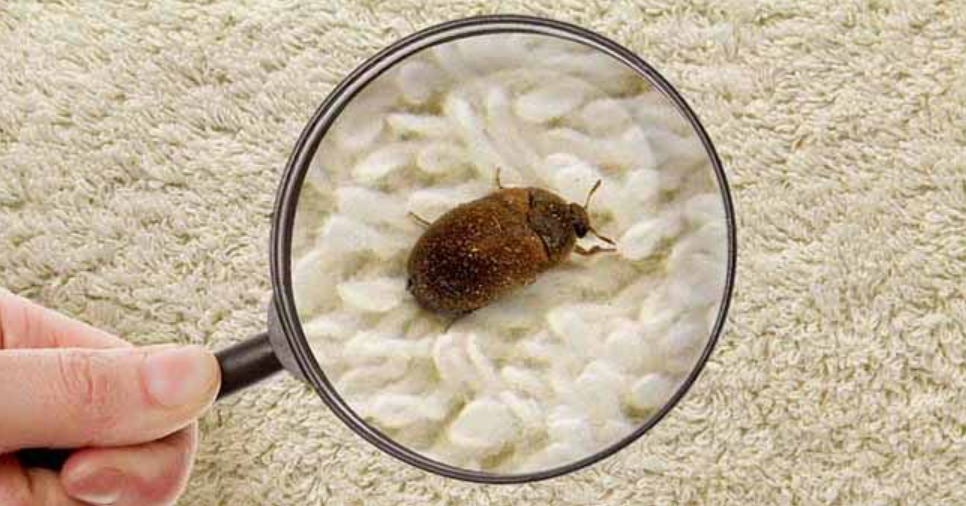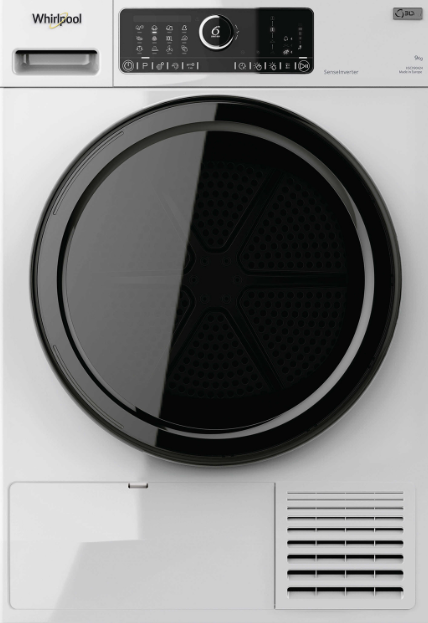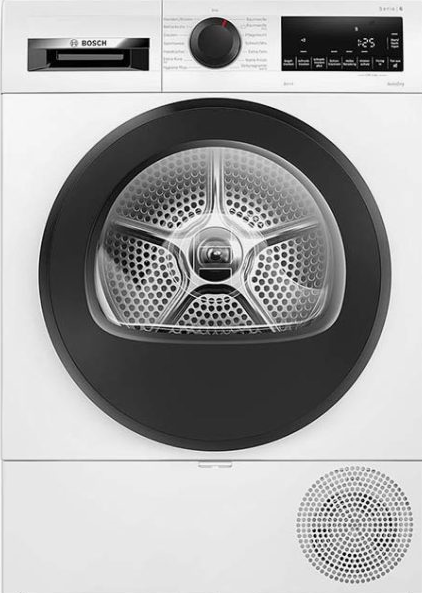
A vital component of contemporary living, temperature measurement affects everything from food safety to medical diagnosis. There are several sorts of thermometers, which are instruments used to measure temperature, and each one is made for a particular usage. Knowing the science underlying thermometers allows us to select the best one for various applications and enhances our appreciation of their function. For this purpose, we have jotted down the many thermometers' workings and applications.
Understanding the Science Behind Working of Thermometers
Do you know that thermometers are essential instruments for temperature monitoring in various settings?
These gadgets have become essential to daily living, from monitoring body temperature during illness to ensuring food is stored optimally. From basic liquid-based instruments to complex digital gadgets, thermometers have changed over the ages.
Digital thermometers, room thermometers, refrigerator thermometers, and speciality varieties such as the Galileo thermometer, infrared thermometer, oven thermometer, outdoor thermometer, mercury thermometer, and tympanic thermometer are among the many types of thermometers available today.
For your better understanding, the science underlying these gadgets, their uses, and their operation are examined below:
Mercury Thermometer – Easiest Way to Check Human Temperatures
Are you aware of the fact that the expansion and contraction of mercury inside a glass tube is the basis for mercury thermometers? A calibrated scale shows the temperature as mercury expands and travels up the tube as the temperature rises.
Also, these thermometers are frequently used in lab settings and to measure body temperature. They have excellent durability and accuracy.
Do you know? Mercury poisoning may pose health risks. |
Digital thermometer – Modern Tool For An Eye on Temperatures
These thermometers employ electrical sensors like resistance temperature detectors (RTDs) or thermistors to measure temperature. It is important to know that temperature causes a change in the electrical resistance of the sensor, which is subsequently digitally represented.
These devices can be used in household, industrial, and medical settings. They are quick, precise, and simple to read. However, they may not be as robust as more conventional models and require batteries.
Case Study: Healthcare and Digital Thermometers Digital thermometers became essential screening instruments during the COVID-19 pandemic. Because of these technologies' quickness and non-invasiveness, hospitals all around the world have adopted them. For example, research conducted in a hospital in the UK revealed that, in comparison to conventional techniques, digital thermometers shortened patient screening times by 30%. |
Galileo Thermometer – Galilei’s Gift For Humans
This thermometer, which bears Galileo Galilei's name, has glass bulbs that are filled with liquids of different densities. Temperature variations cause the bulbs to rise or fall. Its applications include basic room temperature measurement and decorative purposes. Also, it is easy to use and visually appealing.
Infrared Thermometer – Perfect Non-Contact Temperature Checkers
By identifying the infrared light that an object emits, infrared thermometers determine its temperature. This radiation is transformed by the sensor into an electrical signal that is shown as the temperature.
It can be used for non-contact temperature monitoring in industry, medicine, and cooking. It is quick, clean, and appropriate for measurements taken from a distance. However, environmental conditions can cause inaccuracy.
Case Study: Infrared thermometers in the Auto Industry Infrared thermometers were used in a British auto factory to track the temperature of its machinery. Technicians were able to guarantee efficiency and safety without stopping operations thanks to this non-contact technique, which increased output by 15%. |
Oven Thermometer – Perfect Baking Experiences
To determine the internal temperature of the oven, these thermometers employ a bimetallic strip or thermocouple that, when heated, expands or produces voltage. It helps in accurate baking and cooking by keeping an eye on oven temperature. It is dependable and user-friendly.
Case Study: Oven thermometers and the baking industry Oven thermometers were employed at a British bakery to keep baking temperatures constant. This accuracy increased customer satisfaction by 20% and also improved product quality. |
Room Thermometer – Giving you a comfortable room
These thermometers help in tracking interior temperatures – helping ensure energy efficiency and comfort. To detect the ambient temperature, room thermometers frequently employ electrical sensors, liquid crystals, or bimetallic strips. These thermometers are easy to use, precise, and accessible.
Do you know? Less expensive thermometers used in rooms may have varying accuracy. |
Refrigerator Thermometer – Helping Keep Your Food Safe
These thermometers operate on similar principles to those of room thermometers although they are calibrated for lower temperatures. These little rockstars in the fridge help make sure food is stored at the ideal temperature for safety. It helps guarantee energy efficiency and stops food from spoiling. But the point of concern here is that accuracy requires frequent food inspections.
Case Study: Fridge thermometers and food safety Refrigerator thermometers were included in the food storage systems of a British restaurant chain. Frequent monitoring improved customer trust by ensuring compliance with health requirements and reducing food waste by 25%. |
Outdoor Thermometer – All Weather Resistant
To detect the temperature outside, an outdoor thermometer can utilize digital sensors, liquid-filled bulbs, or bimetallic strips. Its applications include agricultural and personal weather monitoring.
You would be amazed to know that it is sturdy and resistant to weather. However, it needs to be taken care of in the case of severe weather.
Tympanic Thermometer – The Ultimate Ear Machines
As far as the mechanism is concerned for these – also referred to as ear thermometers, these instruments gauge the temperature within the ear canal using infrared technology. The applications usually include non-invasive and rapid temperature monitoring in healthcare environments. It helps in a quick check and is clean.
Do you know? The improper placement of the tympanic thermometer can influence accuracy. |
Conclusion
To conclude, thermometers are multipurpose instruments that integrate technology and science to satisfy a range of requirements. Every form of thermometer, from the conventional mercury thermometer to the more sophisticated digital and infrared thermometers, has special benefits. Knowing how things operate not only increases their usefulness but also aids in decision-making for a range of uses. Thermometers continue to be a vital component of our lives, bridging the gap between temperature and functioning, whether they are used to monitor environmental conditions, food safety, or health.
FAQs
- Which kind of thermometer is the most accurate?Although digital and infrared thermometers offer similar precision with additional safety and convenience, mercury thermometers are still among the most accurate.
- Are babies able to use tympanic thermometers?Although tympanic thermometers are safe for babies, neonates' ear canals may be smaller, making them less accurate. It is frequently advised to use a forehead thermometer.
- Is it possible to measure room temperature with an infrared thermometer?Yes, but make sure the gadget is adjusted to the temperature ranges in the surrounding environment. Readings from specialized room thermometers might be more reliable.

About Author : Eagan Taylor
Hey! I'm Eagan Taylor, I'm a versatile writer with a passion for crafting engaging and thought-provoking content. With a broad range of interests and expertise in various subjects, I can write on multiple topics about local businesses.









